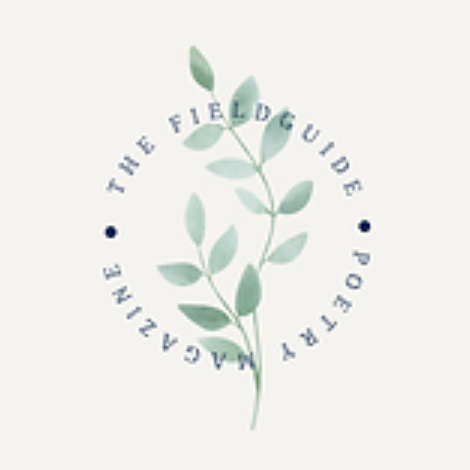John Chinaka Onyeche “Rememberajc” (he/his) is the author of; (Echoes Across The Atlantic), a husband, father and poet from Nigeria. He writes from the city of Port Harcourt Rivers State, Nigeria. He is currently a student of History and Diplomatic Studies at Ignatius Ajuru University Of Education Port Harcourt Rivers State.
John Chinaka can be reached through the following means: Rememberajc.wordpress.com; Facebook.com/jehovahisgood;Twitter.com/apostlejohnchin; Apostlejohnchinaka@gmail.com; https://linktr.ee/Rememberajc
We are books
In our less fluid world, we had to repurpose meaning: many things became one. We are books: These were the last words of my grandfather that he wrote in the pages of time before his voyages into many things. And in this poem, my grandfather is the ink that is painted in- between its space — those lasting inscriptions, that we are books.
If the world reads me, it reads my grandfather, who on a Monday morning, went to my school and reported me to my teachers and my best friend; Promise, of my not attending classes again.
If the world reads me, it reads the thousands of pages that my grandfather saw within me that I was too blind to see because it is said, What the aged sit to see. If you aid a child to the peaks of Everest, he can never see it even at such a point that he stands. My teachers tricked me through my trusted friend: Promise.
At the playground of the village, my grandfather, my friend, and my teacher wrote within me the last words of this poem; we are books, and we should be written in the ink of admonition and love for education. My grandfather wrote education boldly within the man in a boy’s clothing within me: We are books, write your pages with love.
The Sunflower In My Father’s Garden As A Metaphor For The Return Of Our Ancestors
A sunflower had sprouted out in my father’s garden in the morning. I showed it to him in the evening while we walked through the garden. My father told me that it was a way of our ancestors returning, those who had died in the years past without a trace among humans. They return as flowers from their journey from the spirit land that we should now care for them. When I showed it to my mother, she said, It is a gift from nature, and admonished that I should care for the little sunflower in our garden.
But when I came back to look at it again, it faded from the spot where it stood like the Sun in the firmament. I returned home from the garden, and the news was broken to me that my father had walked away from home. There was no trace of him. My mother wailed rivers as tears and paddled through them in her wooden canoe into the world of oblivion.
Each day, I walk through the garden searching for a sunflower. Maybe my father might have returned through it or my mother will become like nature in the garden — them both as sunflowers and now as my ancestors.
An Elegy For My Mother’s Name That Is Heard In The Night Breeze
(for the International Women’s Day)
Dear Mama,
It is becoming longer than our stream road now, and the last time I checked the calendar, on the left-hand side of your bed, it has become dusty. The circled spot still glared at me with all its eyes wider than that of an Eagle scanning through the peak of a mountain. I had stood on time and gazed at the number of years. I counted these cowries of pains — they all echo distance just like the road from home to the streams where we had once been to wash away the dirt of times on this other side. Yesterday, I took out the last portrait in your bedroom and tried to wash it with these two oases on my head, but time here echoes the pains and realities of your departure like a road I can’t resist traveling on.
This morning, as I listen to the radio and the voice announced, “It is International Women’s Day.” As quickly as I can, I walked into your room again, took hold of the portrait, and up to the pantheon I ran to hang your portrait on its walls. You have become one amongst the gods,, not just a mother alone. Your legacy should be reverent like theirs.

